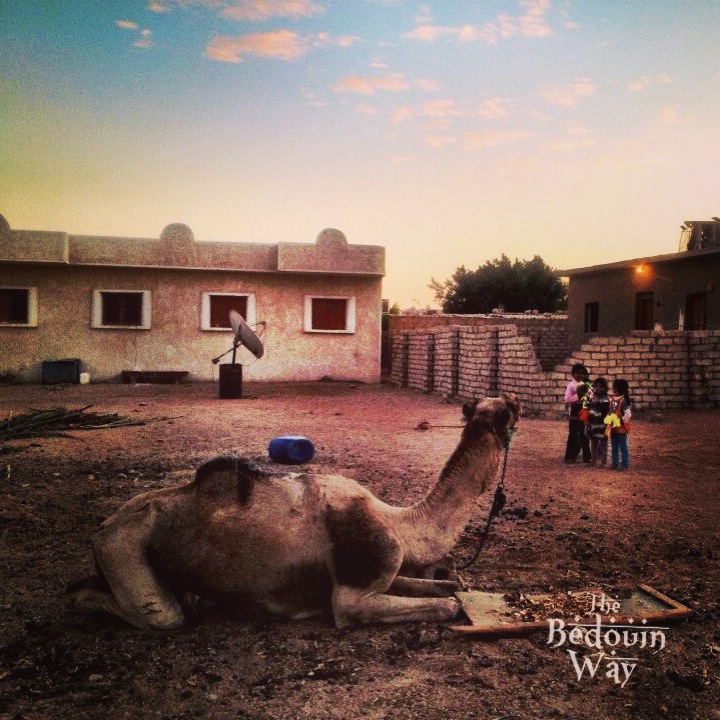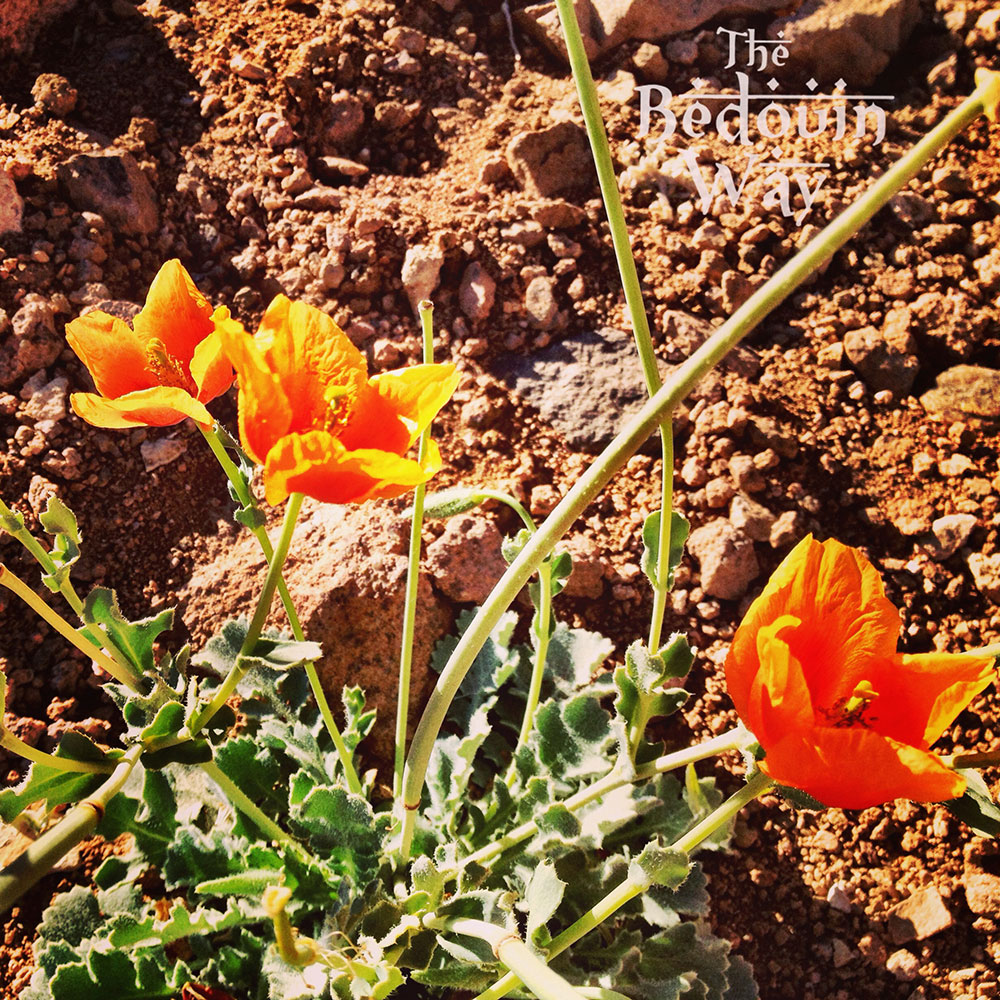“Knowledge is light. And all who contribute bring light to our world.”
Our goal at the Bedouin Way is not only to give you an authentic experience when you join our mountain dinners and other safaris, but also to teach you about our way of life, culture and traditions. Week by week, we’ll write in detail about different topics that might interest you.
To start things off, Sofian Noor (one half of The Bedouin Way) gives you an overview of the Sinai Bedouin, written from his perspective. Sofian is from North Sinai and the Sawarka tribe. He's a safari guide, driver, and cook.
Being Bedouin
The Bedouin are always looking for freedom, respect and food for our families. We are very proud of our culture and we will never let that die.
We have important rituals that we live by every day. For example we wake up early in the morning and light the fire ready for breakfast, tea and coffee. We always end the day the same way.
The Bedouin are resourceful. We can make anything from almost nothing, as this is what we have always had to do living nomadically. We use everything and don't throw things away. Plastic bottles are sometimes used for cups, candles and containers. Leftover food is given to the animals. Glass vessels are used for tea. Metal cans for water.
Our houses are not important to us in the Western sense. Instead of spending money on paint, furniture, beautiful curtains or modern kitchen equipment, we place our priority on providing a good welcome for guests. We are proud and happy with our home as long as we have Bedouin seating areas (carpets and cushions on the ground), a good fire that is always lit, coffee and tea. We like things to be simple.
Every tribe has a different dialect and that's how we can recognise each other and which tribe a person is from.
There are no longer any Christian Bedouin in Sinai. We are Muslim.
We have our own Bedouin Law, which is highly respected. It is never disregarded or taken lightly.
We love coffee without sugar but tea with sugar (some would say too much!).
History
The Sinai Bedouin are a group of tribes descending from immigrants, who arrived from the Arabian Peninsula between the 14th and 18th centuries. However the Bedouin of St Catherine originated from Eastern Europe, travelling there when the monastery was being built between 548 and 565.
There are around 33 tribes across North and South Sinai and we came here with nothing. There are also Bedouin across Egypt.
Today our lives have changed dramatically due to the modern age of tourism and technology, however we try to maintain our traditions as far as possible to make sure that our way of life is never lost or forgotten.
Our generation is far more interested in politics than our fathers and forefathers. Most Bedouin only really started to talk about politics after the Egyptian Revolution of 2011 when we became affected.
Camels, Goats, Sheep and Livestock
Animals are crucial to the Bedouin. Each tribe has its own stamp for our camels, so we can spot which tribe a camel belongs to straight away. We use our camels for moving around, clothing, meat, and milk – the milk is very healthy and good for the body in many ways.
Goats are traditionally the main animal we keep as we can use them for milk, cheese, meat, their skin and fur. We can get 70% of what we need in life from them. We also keep sheep as they provide the same sustenance.
Bedouin don’t really keep cows as they eat too much and cost more money to keep if we want them to be fit and healthy. However, one tribe in North Sinai does keep them - the Remeilat.
In the past, we moved seasonally with our livestock to make sure our animals ate good food. We would then come back to our “home” when the time was right. This still happens with the traditional desert-dwelling Bedouin.
Those of us who live in the desert tend to hunt for food and those who live by the sea rely more on fishing.
In general terms, the Bedouin of the North eat more meat and the South Sinai Bedouin love to eat fish.
At One with Nature, the Environment and our Bodies
The Bedouin live our lives by carefully observing the sun, the moon, the stars, our environment and our animals. We know where we are, the time of day, and what weather we can expect by learning how to read all of these things. In a world without television, radio, telephones, computers and other technology we have learnt how to be at one with nature from previous generations. And this skill still runs through the veins of every Bedouin.
Because we are nomads and have never relied on traditional doctors, we take our medicine from nature - herbs, plants. We can treat anything from stomachaches and colds to headaches and fevers this way. Perhaps if you’ve been to Sinai and tried our organic remedies you will agree that they work.
When it comes to eating, drinking and knowing about our bodies, we learn from an early age to eat healthy food, always in small amounts. We make our meals at home or in the desert, grow our own vegetables, eat meat we have reared and cook fish we have caught by our own hands. When we want to sleep or take a rest, we do.
Thank You
We hope you have found Sofian’s summary of the Sinai Bedouin interesting. If you would like to subscribe to our blog by email you can do so on this page, and if you have any suggestions for future topics you’d like to read about we would be very happy to hear them.
Best wishes to you all.
Sofian and Mondi.
Copyright © 2014, The Bedouin Way. All rights reserved.





